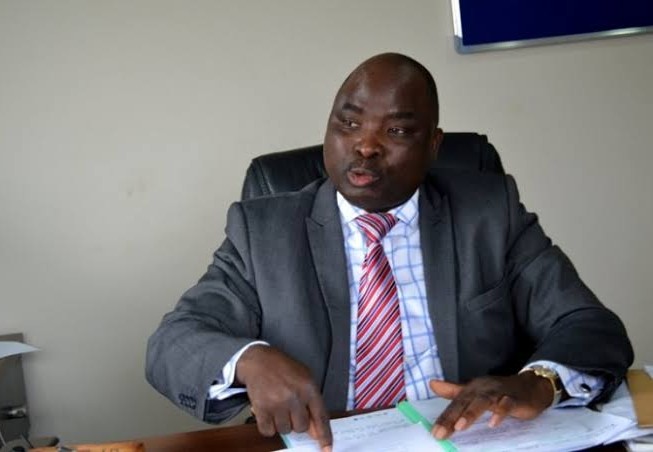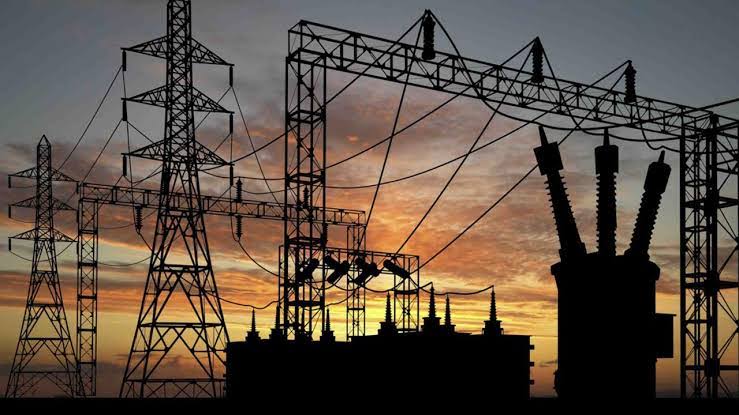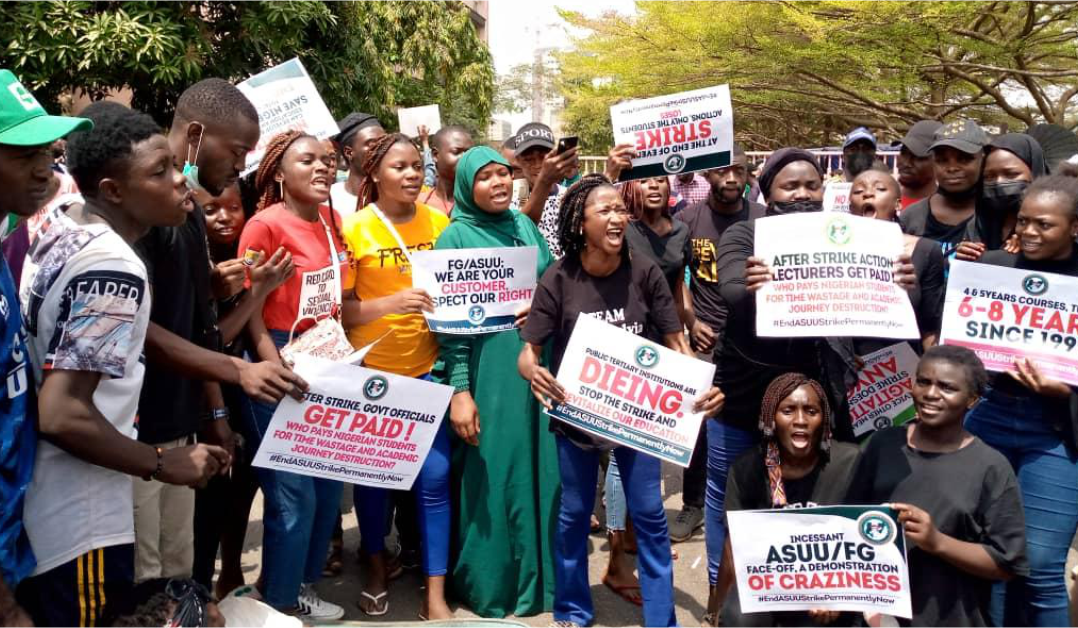Business
Electricity Distributors deny plan by FG to repossess DisCos

The Association of Nigerian Electricity Distributors (ANED) has dismissed as falsehood and “irresponsible journalism” the report that the Federal government was planning to pay off failed investors in the power sector and repossess the DisCos.
ANED which dismissed the report in a rejoinder signed by its Executive Director, Research and Advocacy, Chief Sunday Oduntan, noted that it sought to address a “recent article published in one of Nigeria’s leading Newspapers on August 14, 2019, with the headline “FG’ll pay failed investors N736bn to repossess Discos,” suggesting that the Federal Republic is seriously contemplating repossessing some of the electricity distribution companies as “solution” to resolving the power supply problem in the country.”
Oduntan said the article which referenced a purported document from the Ministry of Power Works and Housing, was noting short of sensationalism.
“Of significant note is the contradiction between the sensationalist headline and the content of the article,” he said.
“Beyond the questionable provenance of the document, we are troubled that a sector that is already bedevilled with multiple challenges now has to deal with sensationalism and irresponsible journalism rather than an informed discussion of how we can move the sector forward.”
He said the Federal Government and the DisCo investors “remain committed to working in partnership to address the current challenges of retail electricity distribution as evidenced by the recent Siemens initiative and recent regulatory activities – Meter Asset Program, ongoing distribution franchise consultation, impendent conclusion of the electricity minor tariff review, etc., with the objectives of affordable and consistent power supply for our customers.
“It is the hope and expectation of the DisCo investors and operators that collectively, the aforementioned initiatives and activities, in tandem with respect for sanctity of contract, increased regulatory and policy certainty, will provide the enabling environment that will result in a Nigerian Electricity Supply Industry (NESI) that is commercially viable and sustainable, thereby attacking the desperately needed investment that continues to be elusive in the sector. Thus, the discussion of how to ensure such enabling environment should be the focus at this time.”








